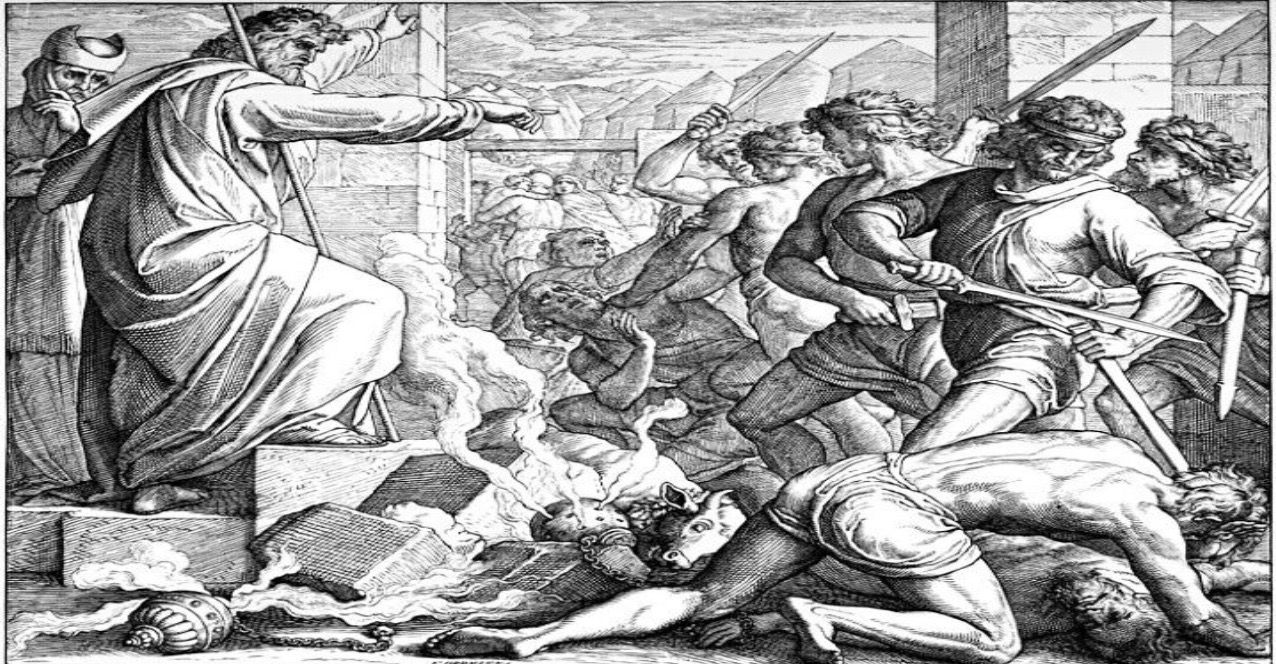| Issue September-11 | ||
 |  |
|
| ·Home ·Politics ·News ·Sport ·Life ·Culture ·World ·Essays ·Technology ·About | ·Archive | |
| ||||||||||||||
Have God's Chosen People's Government Gone Too Far? |
 |
Have God's Chosen People's Government Gone Too Far? I recently watched an excellent BBC documentary on Portugal's role in the Second World War. Despite immense pressures, the country remained strictly neutral. Lisbon became a unique place where diplomats and agents from both sides could meet - even enemies recognised that embassies and neutral ground were sacrosanct. Not even the Nazis, with all their destructive ideology, dared bomb British or American missions there. Nor would the Allies have violated Portuguese soil. Yet today, Israel - or at least its ruling government - seems to feel unconstrained by such norms. The Hebrew Bible describes Israel as a chosen people, set apart by God. In Deuteronomy we read: "For thou art an holy people unto the Lord thy God: the Lord thy God hath chosen thee to be a special people unto himself, above all people that are upon the face of the earth." (7:6) "Only the Lord had a delight in thy fathers to love them, and he chose their seed after them, even you above all people, as it is this day." (10:15) This sense of divine exceptionalism is deeply rooted. In Exodus, after the golden calf incident, the Levites are commanded by Moses to slay their own kin in order to preserve their covenant with God-an act of brutal obedience said to have claimed three thousand lives. Fast-forward three millennia, and we hear modern settlers in Louis Theroux's documentary justifying land seizures in the West Bank because "the Book" promised it to them. Many dismiss Islamic extremism as a relic of the 13th century - yet what should we make of an Israeli government acting out a script from 3,000 years ago? The recent attack in Doha shocked the world. Qatar has long styled itself as a neutral - ground "the Switzerland of the Middle East" where even sworn enemies could negotiate. The US itself once spoke with the Taliban there. To bomb such a meeting place is to reject diplomacy altogether. History tells us what that means: in 19th-century Khartoum, when an Egyptian envoy under a white flag was executed by the Mahdi's forces, it became clear that negotiation was impossible and only destruction lay ahead. Is this the direction Israel's leaders are steering us toward? Some compare Israel's actions to the Allied bombing campaigns of the 1940s. But the difference is stark. Those raids, however destructive, were intended to break the enemy's will to fight; once Germany and Japan surrendered, the bombing stopped. Churchill and Roosevelt did not continue a war of revenge, nor did they fear genocide trials once peace was restored. The contrast is clear: in the 20th century, despite all our brutality, we still aspired to call ourselves civilised. And one more point: criticising Israel's government is not the same as being anti-Semitic. Historically, "Semitic" refers broadly to peoples of the region, not solely to Jews. To equate criticism of state policy with hatred of a people is to silence honest debate. I suspect that in fifty years, historians will write of the genocide in Gaza with the same gravity as other atrocities of our time. Sadly, I won't be here to collect on that prediction. |
| London: 11. September 2025: -pw- |
| Source: WessexTimes,BBC, Times, Telegraph, The Christian Bible |
| The views expressed in this article are the author's own and do not necessarily reflect WessexTimes editorial stance. |
|